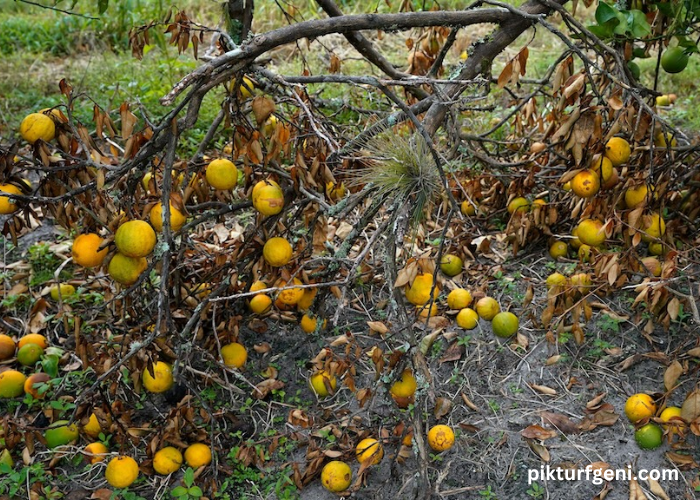Many companies and global institutions are working towards reducing the effects of climate change. Even online gaming platforms like Mr.Bet do their bit by employing sustainable technology. While efforts are making things better in a way, the situation won’t change overnight.
In the meantime, food has become more expensive. As the earth gets warmer, it’s challenging to grow crops in some parts of the world. Also, other weather hazards that come with climate change are causing problems for commercial farmers.
Droughts, floods, and storms damage crops and make food production more costly. This rise in food prices affects everyone, especially the middle class, who are struggling to make ends meet. Let’s go into more detail about the effects of climate change on food costs.
How Climate Change Affects Agriculture
As mentioned, climate change makes it harder for commercial farmers to grow and produce healthy crops. Here are the key aspects where this is rife:
- Droughts. Some places have droughts — long periods without rain — due to the shifting climate. As such, the soil dries out, making it impossible for plants to grow. Farmers have to rely on artificial irrigation by watering the ground manually from time to time. They can decide to get a tractor to make the work easier. When it’s time to sell the produce, the costs will reflect all expenses. For instance, California is known for producing a lot of fruits and vegetables. However, it has been declining for some time, reducing by 10% from 2017 to 2022. Droughts hit the region regularly, so fewer fruits are produced at higher prices than usual.
- Floods. In other places, heavy rains and floods destroy crops by washing them off the soil and causing them to rot. When these unfortunate events happen very often, farmers lose more crops and yield little to nothing during the harvest. In Nigeria, for instance, the United Nations reported that floods destroyed food crops that could feed 8.5 million persons. That’s not even accounting for the loss of livestock.
- Temperature. Thirdly, shifts in seasons and temperature are another way climate change affects agriculture. Crops need a particular amount of everything to grow. If any natural elements like water, sunlight, or air are insufficient or too much, the crops won’t grow well. Right now, seasons are not predictable — winters may be warmer or colder than usual. The same thing applies to summers, and all these unfortunate circumstances are caused by climate change.
Climate Change and Food Supply
Climate change does not just cause problems for crops and plants on the farm. It also affects how these products get to you, the consumer. For example, in bad weather conditions like storms and floods, roads, bridges, and seaports can be damaged.
The above slows down the transportation of food from farms to markets. Such delays can lead to food spoilage for perishable crops like tomatoes. Furthermore, when the supply chain is delayed, the little ones in the market will be costly.
Temperature also affects the storage of farm products. In places with warmer weather due to climate, food spoils faster. To bypass this issue, the farmer or food industry will get more storage facilities like refrigerators to keep the environment cooler. Using these facilities will result in one thing: increased energy consumption. In turn, this will hike the prices when the crops finally reach the markets.
Other Related Problems
It may not be very apparent, but climate change promotes the spread of pests and crop diseases. Warmer temperatures allow insects and diseases to survive longer and infect even more plants. A crop pest can go from one maize stalk on the farm to another, eating and damaging the young grains.
Of course, the farmer won’t just sit down and watch his hard work go to the dust. He will turn to pesticides and insect killers on the crops to keep them safe. In the long run, this can affect the soil, causing them to degrade and lose nutrients.
Furthermore, extreme weather conditions like heavy rains and winds can pull off the soil surfaces and cause erosion. As the soil quality decreases, farmers will need to use more fertilizers to make up for the nutrients. Guess what? All these extra expenses make food prices surge all the more.
The World Needs to Protect Farms From the Changing Climate
Climate change is doing a lot of harm to crops and commercial farmers. In order to produce good crops, the farmers go to extreme lengths, which only takes up the cost of food. It may get to a point where they can no longer manage the situation. Therefore, governments must take more measures to protect farms. They need to offer financial support above everything else.
